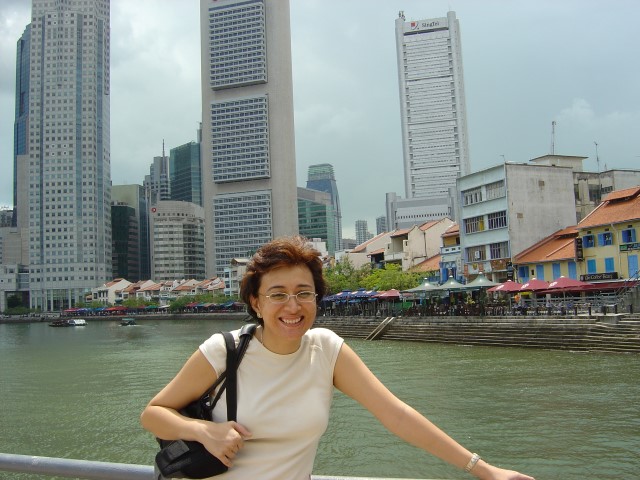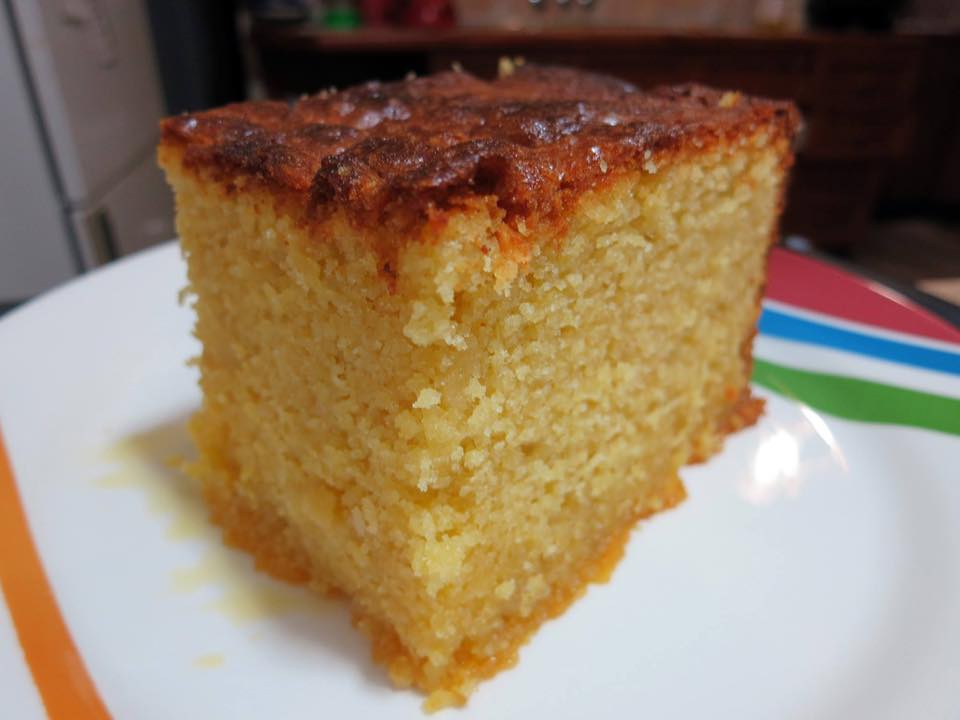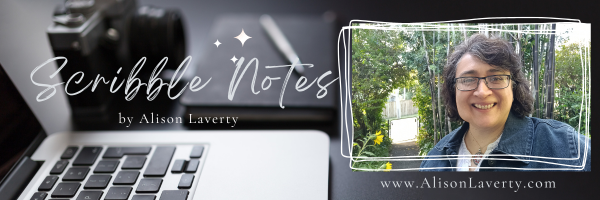The Eurasian people from Singapore are known for their mixture of European and Asian heritage and culture, with a rich history dating back to the 15th century. Growing up as a Eurasian in Singapore has been my most treasured memories. One that has strengthened my identity.
This is the first series of articles, I share about the Eurasian people and their heritage in Singapore. And why I’m passing on a 500 year old custom and heritage to my children, the next generation.
Who Are The Singapore Eurasian People
In the 15th Century, Portuguese navigators and explorers, led a European expedition, into Asia. Their mission was to control the spice trade and spread the Gospel of Christianity. Many of their seamen married the locals and settled down in places like Goa, Malacca and Macau. Those who stayed on raised families. And their children became the first Eurasian people, a term used for those born with a mixture of both European and Asian ancestry. Since then the Eurasian people grew their community and many of them moved to Singapore.
I am a Singapore-born Eurasian of Portuguese heritage, a descendant of those 15th Century navigators and explorers who now lives in Australia.

I was born and raised in Singapore, I love our family gatherings at Christmas and Easter because of our food. We celebrate these events with all our friends and neighbors. My ancestry comes with a mixture of Portuguese, British, German, Ceylon (now known as Sri Lanka) and Goa heritage.
My Eurasian Culture and Lifestyle
Each Eurasian is uniquely different with every family. My childhood is filled fond memories of fun and adventures at Changi Beach, sambal sandwiches and nasi lemak. Storytelling a huge part of our history as my aunts and uncles share their harrowing experience of the Japanese occupation in Singapore. Not meant to scare us but in the hope that we are taught to respect the generations before us who fought the good fight. Which is why we exist. Both my parents came from a close-knit Eurasian family and often we would gather as one big family to celebrate special occasions, such as birthdays, Christmas and Easter.
But my mom taught me deeper about our faith and I believe that anything is possible. This is why my faith runs deeper.
We were raised as Roman Catholics and my family celebrates Easter as the most important occasion in the liturgical year with Christmas being the second. Usually on the eve of Christmas or Easter, we would attend midnight mass, followed by supper of chicken pie or even curry debal with french loaf or roti jala. The next day, we have an open house to share a meal with all our family, friends and neighbors, alongside with great conversation. It was years later when I realized that the true meaning of an open house, was a gesture of sharing the joy in our hearts not just with our family. But also friends who are Chinese, Indians and Muslims. Afterall, Singapore is a multicultural society.
Eurasian Cuisine: Where the East Connects to the West
As a young child, special family occasions meant big hearty meals. And being an only child, this gathering meant I get to play with my cousins. What I love about family gatherings is that all my relatives would gather to help with cooking. Meal preparations began weeks before the celebrations.
From a young age, mom taught me to cook rice. I had to make sure the water level was measured properly for the rice to be light and fluffy. She took pride showing me various cooking methods for each dish. And I learned to bake a Sugee Cake (Semolina cake), Debal (Devil curry), Vindaloo (Vinegared meat curry), Teem (Anise and sherry flavored soup), Seybah (Braised meat) and many more, under her supervision.

Learning the art of cooking our Eurasian cuisine is a family tradition. It was my grandmother who taught my mother to cook and in turn she taught me. And in the process of learning, we shared simple home cooked meals, great conversations and lifetime memories were created.
Branyo: Traditional Portuguese Music and Dance
Branyo is the Malacca Portuguese folk dance and popular branyo songs that were played at weddings were Jingkli Nona or Bong Bong Fila. I remember dancing to these tunes at my cousins’ wedding years ago. We Eurasians are a happy bunch who love a celebration to hang out with family and friends.
Passing the Torch: Our Future Generation

These little ones are the next generation of Eurasian people in my family. I’ve been given this amazing opportunity to shape our future world in the way I bring up my own children. What values would I impart to them? How will they make a difference in the world? Our children are our future and it is my responsibility to help them discover their true nature.
Many of us don’t realized that our heritage and culture is slowly fading away. I teach my children to speak the Kristang language and the art of cooking our Eurasian cuisine. So they know their roots, that they exists because of the love of those who came before them.
We live in a world controlled by time and activities. The attractions in society, continues to steal our time and attention. And we lose an important part of our history from the distractions.
I have grown up with my Eurasian Culture, knowing it first hand. And now I teach my children a 500 year old tradition which my ancestors struggled to keep alive.
How about you? Are you passing on your family story to the next generation? Don’t lose this connection to them or they’ll lose their sense of identity.
Look out for my next article where I share the history of my Eurasian Cuisine! Or sign up to my email list so you’ll never miss out on any of my updates. Alison
